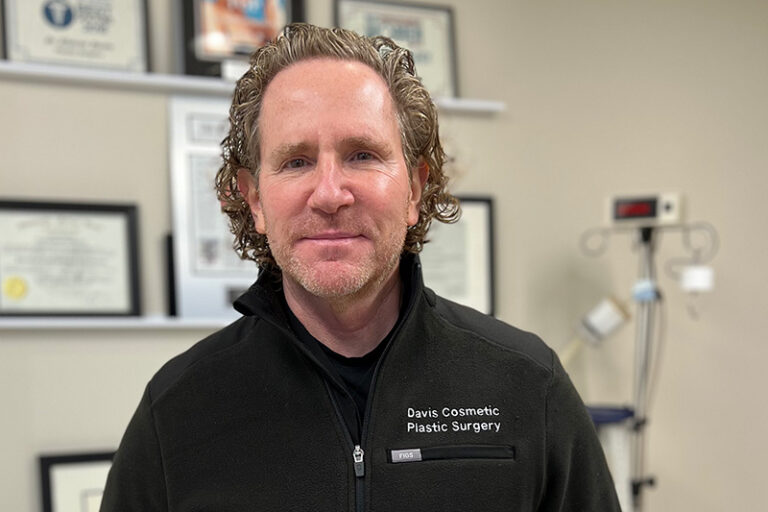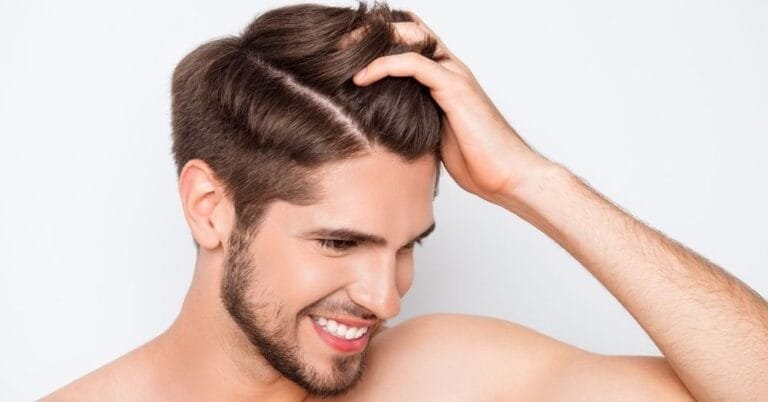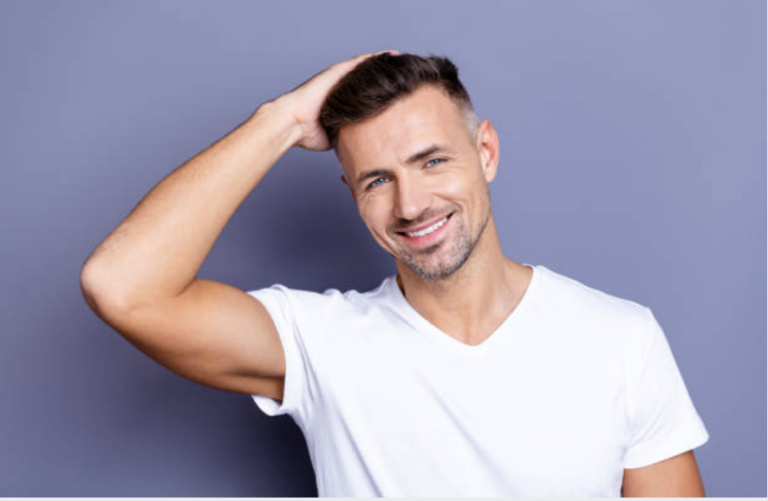Post Hair Transplant Care: How to Ensure Optimal Results
Undergoing a hair transplant is a significant step toward restoring your hair and confidence. At Davis Cosmetic Plastic Surgery in Cherry Hill, NJ, led by board-certified plastic surgeon Dr. Steven Davis, we are committed to ensuring your hair transplant results are as successful as possible. Proper post hair transplant care is crucial in achieving this goal. Here are our top tips for post hair transplant care to promote healing and ensure the best possible results.
Immediate Post Hair Transplant Care
The first few days after your hair transplant are critical for healing. Follow these post hair transplant care tips to protect your new grafts and minimize discomfort:
- Avoid Touching or Rubbing the Transplanted Area: The newly transplanted hair grafts are delicate and need time to anchor themselves in their new location. Avoid touching, scratching, or rubbing the transplanted area to prevent graft dislodging.
- Sleep with Your Head Elevated: Sleep with your head elevated for the first few nights to reduce swelling. Use extra pillows or a recliner to keep your head above heart level.
- Follow Your Surgeon’s Instructions on Washing Your Hair: Dr. Davis will provide specific instructions on when and how to wash your hair after the transplant. Typically, gentle washing begins a few days post-surgery. Use a mild shampoo and avoid direct water pressure on the transplanted area.
- Avoid Strenuous Activities: Refrain from engaging in vigorous physical activities, including heavy lifting, running, and other exercises, for at least a week after your transplant. Excessive sweating and strain can affect the healing process.
Caring for the Donor Area
In addition to caring for the transplanted area, it’s essential to take proper care of the donor site from where the hair was extracted. Follow these post hair transplant care guidelines:
- Keep the Donor Area Clean: Gently clean the donor area as instructed by Dr. Davis. Keeping this area clean helps prevent infection and promotes faster healing.
- Apply Prescribed Medications: Use any prescribed ointments or medications on the donor area to aid healing and reduce discomfort.
- Avoid Sun Exposure: Protect the donor area from direct sunlight to prevent irritation and ensure proper healing.
Managing Discomfort and Swelling
Some discomfort and swelling are normal after a hair transplant. Here are tips to manage these symptoms effectively:
- Take Prescribed Pain Medication: If Dr. Davis has prescribed it, take it as directed to manage discomfort.
- Use Cold Compresses: Applying cold compresses to the forehead (not directly on the transplanted area) can help reduce swelling. Do this for short periods, several times a day, during the first 48 hours.
- Stay Hydrated and Eat Nutritious Foods: Proper hydration and a balanced diet can aid healing. Ensure you drink plenty of water and eat foods rich in vitamins and minerals.
Long-Term Post Hair Transplant Care
Once the initial healing phase is over, it’s important to continue caring for your hair and scalp to ensure the best results. Here are some long-term post hair transplant care tips:
- Gentle Hair Care Routine: Use mild shampoos and conditioners to avoid irritating your scalp. Avoid harsh chemicals or heat-styling tools on your hair for a few months post-transplant.
- Protect Your Scalp from the Sun: Sun exposure can damage your scalp and newly transplanted hair. Wear a hat or sunscreen specifically designed for the scalp when outdoors.
- Avoid Smoking and Alcohol: Both smoking and excessive alcohol consumption can impair blood circulation and negatively affect the healing process. It’s best to avoid these for at least a few weeks post-surgery.
- Follow-Up Appointments: Regular follow-up appointments with Dr. Davis are crucial to monitor your progress and address concerns. These visits allow for professional evaluation and timely intervention if any issues arise.
- Patience and Realistic Expectations: Hair growth after a transplant takes time. You may notice initial shedding of the transplanted hair, which is normal. New hair growth typically begins a few months post-surgery, with significant improvements visible within 6 to 12 months. Be patient and maintain realistic expectations.
Monitoring Your Progress
Keep track of your progress and any changes in your scalp or hair growth. Contact Dr. Davis immediately if you notice any unusual symptoms, such as excessive redness, swelling, or discomfort. Early detection and intervention can prevent complications and ensure optimal results.
Proper post-hair transplant care is essential for achieving the best possible outcomes from your procedure. By following these guidelines and working closely with Dr. Steven Davis and the team at Davis Cosmetic Plastic Surgery, you can promote healing, protect your new hair grafts, and enjoy the full benefits of your hair transplant. Contact our office today for personalized advice and to schedule your follow-up appointments. Your journey to restored hair and renewed confidence begins with the right care.









